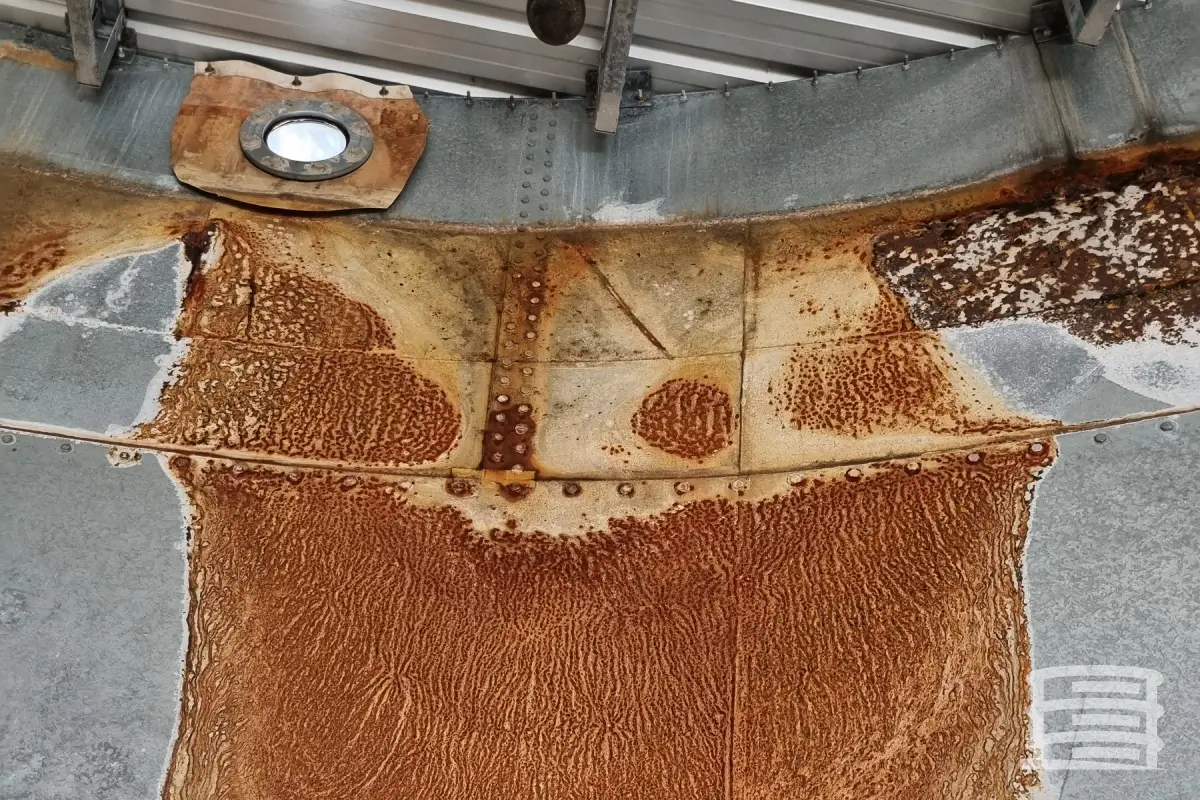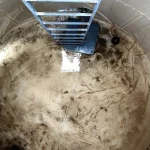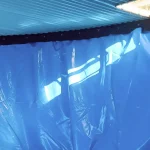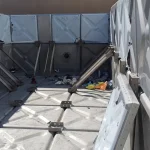For years, we’ve tackled all shapes and sizes of storage tanks – above ground, underground, pristine or in rough shape. Through it all, we’ve learned one key lesson: corrosion is the biggest threat to a storage tank’s lifespan.
This revised passage uses a stronger opening that highlights your experience and expertise. It also simplifies the sentence structure and emphasizes corrosion as the main problem you address.
So What is Corrosion?
Corrosion, influenced by chemistry, metallurgy, and electricity, involves the gradual degradation of materials through chemical reactions in their environment.
This deterioration reduces the beneficial properties of materials, such as strength, appearance, and resistance to liquid and gas penetration.
During the production of steel for storage tanks and other uses, energy in the form of fire and heat is introduced, creating an energy imbalance in the resulting steel. Nature seeks to restore balance by releasing excess energy through electron discharge, initiating corrosion of the metal, which transforms it back into iron oxide, commonly known as rust.
The presence of water, whether solid, liquid, or vapor, significantly accelerates corrosion. Stored water acts as an effective electrolyte, facilitating ion transfer and current flow within the steel’s microstructure.
Storage tanks and piping systems provide an ideal environment for corrosion. Besides atmospheric corrosion, these systems provide the necessary water and nutrients for microbial growth, further intensifying the corrosion process.

Lining Stops Corrosion
Managing and controlling internal corrosion effectively involves applying protective coatings correctly.
These coatings act as a barrier between the steel tank and the stored product, effectively preventing corrosion by blocking the flow of electrons that initiate it.
Additionally, internal coatings discourage microbes from directly attacking the steel, thereby preventing microbiologically influenced corrosion.
Good Preparation and Good Coating Application
Ensuring proper application of coatings is crucial to prevent discontinuities, such as breaks or gaps, that could lead to corrosion reoccurring on the steel surface.
These gaps often result from inadequate surface preparation or incorrect application techniques.
Properly preparing the steel surface and applying the coating system can help minimize these gaps and extend the coating’s lifespan.
Failures in lining due to improper or insufficient application can be costly, resulting in lost revenue, expenses for replacing linings and repairing tanks, and potential fines from leaks.
When lining storage tanks, it’s essential to hire an experienced and reputable company.
Applying protective coatings or linings not only helps control corrosion but also maintains product purity.
The smoothness of tank linings can improve the flow of stored products, minimizing residue left in the tank.
Given stringent environmental regulations, tank storage facilities must prevent leaks and avoid contaminating surrounding land or waterways.
Using protective coatings reduces operating costs, lowers repair needs, and extends the design life of storage tanks, ultimately boosting profitability.
Corrosion protection often involves thinner coatings or flexible lining products for above-ground applications, while epoxy composite lining systems with mortar are suitable for new constructions. Our coating lineup prioritizes chemical resistance across various surfaces like concrete, steel, masonry, and more, serving municipal, industrial, institutional, and energy/utility sectors.
We strongly advise applying preventative coatings to newly installed structures before they are put into service to ensure the longest possible service life.
We offer tried and tested services in Crockett, Grapeland, Kennard, Latexo, Lovelady, Ratcliff, HOUSTON, TEXAS.
We also offer tried and tested services in Longbeach, and cities, towns, suburbs, localities, and places close to Long Beach such as Lakewood, Rossmoor, Lincoln Village, Seal Beach, Hawaiian Gardens, Los Alamitos, Cypress, Bellflower, Carson, La Palma, Paramount, Cerritos, East Compton, West Carson, Compton, Norwalk, Stanton, Westminster, Lomita, Downey, Lynwood, Rolling Hills Estates, Cudahy, CALIFORNIA.
Our friendly and experienced customer service team is here to help you!
Call NFPA 25 Inspections by American Tanks at +1 800 656 0167
Or email at info@nfpa25inspections.com
1305 W 11th St #4087 Houston, TX 77008 USA
3711 Long Beach blvd Suite 4057 4th Floor # 1079 Long Beach, CA 90807 USA







